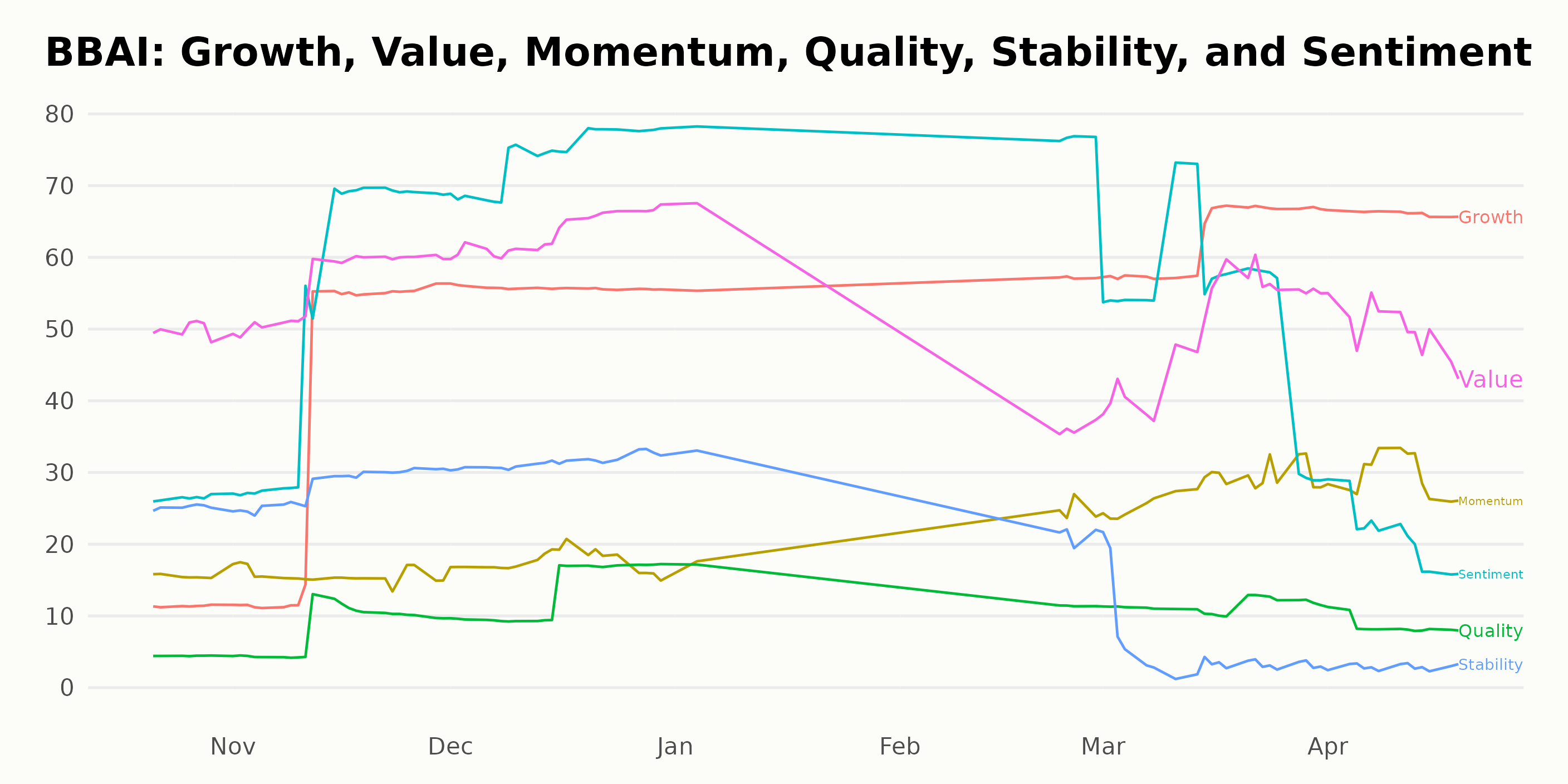The Importance Of Middle Management In Today's Business Environment

Table of Contents
Bridging the Gap: Communication and Information Flow in Middle Management
Effective middle management acts as a crucial bridge, ensuring seamless communication between upper management and frontline employees. This two-way flow of information is essential for a healthy and productive work environment. Without strong middle management, strategic directives can become distorted, and valuable employee feedback can be lost.
- Translating complex strategies into actionable plans for teams: Middle managers break down complex, high-level strategies into smaller, manageable tasks that individual teams can understand and execute. This ensures everyone is working towards the same organizational goals.
- Gathering feedback from employees and relaying it to senior leadership: They serve as a vital conduit, gathering feedback from employees on various issues, from project challenges to suggestions for improvement. This feedback provides valuable insights for upper management to make informed decisions.
- Ensuring consistent messaging and brand alignment across departments: Middle managers maintain consistent messaging and brand alignment across all departments, preventing confusion and ensuring a unified company identity. A strong communication strategy is paramount here.
- Addressing employee concerns and resolving conflicts proactively: By acting as a first point of contact for employee concerns, middle management can resolve conflicts swiftly and effectively, minimizing disruptions to productivity and improving employee engagement. Effective conflict resolution skills are essential.
- Using effective communication tools to streamline information flow: Leveraging modern communication tools, like project management software and internal communication platforms, middle managers can streamline information flow, ensuring everyone is informed and up-to-date.
Effective communication strategies and robust feedback mechanisms are paramount for strong middle management. Without them, information flow becomes bottlenecked, impacting employee engagement and overall productivity.
Driving Performance and Productivity Through Effective Middle Management
Middle managers play a pivotal role in driving performance and productivity. They set clear goals, monitor progress, and motivate their teams to achieve organizational objectives. This involves more than just assigning tasks; it’s about fostering a culture of accountability and high performance.
- Setting clear expectations and providing regular performance feedback: Clear expectations and regular, constructive feedback are crucial for driving performance. This ensures employees understand their roles and responsibilities and receive the support they need to succeed.
- Identifying and addressing performance issues promptly: Effective middle managers identify and address performance issues swiftly, providing support and guidance while ensuring accountability.
- Providing coaching and mentoring to develop employee skills: Investing in employee development is key. Middle managers act as mentors and coaches, helping employees enhance their skills and advance their careers.
- Delegating tasks effectively and empowering employees: Delegation is key to maximizing productivity. Empowering employees to take ownership of their work boosts morale and efficiency.
- Using performance management tools to track progress and identify areas for improvement: Leveraging performance management tools enables middle managers to track progress, identify areas needing improvement, and make data-driven adjustments.
- Promoting a culture of accountability and high performance: A strong middle manager fosters a culture where every team member takes ownership of their work and strives for excellence.
Performance management, employee motivation, and effective goal setting are essential components of a high-performing team, all driven by skilled middle management.
Fostering Innovation and Adaptability: The Role of Middle Management in Change
Strong middle management is vital for organizational agility and innovation. They act as catalysts for change, enabling companies to adapt to evolving market conditions and embrace new technologies.
- Identifying opportunities for improvement and driving process optimization: Middle managers constantly look for ways to improve processes and increase efficiency.
- Encouraging experimentation and innovation within teams: They foster a culture of experimentation and innovation, encouraging team members to explore new ideas and approaches.
- Adapting to changing market conditions and business needs: They are adept at adapting to changes in the market and ensuring that their teams remain responsive to new challenges and opportunities.
- Implementing new technologies and strategies effectively: They play a key role in implementing new technologies and strategies, ensuring smooth transitions and maximum effectiveness.
- Championing a culture of continuous improvement: A commitment to continuous improvement is instilled by strong middle management, fostering a dynamic and innovative work environment.
Organizational agility and adaptability are fostered through strong middle management, which champions innovation and process improvement in response to dynamic market conditions.
Talent Development and Succession Planning: The Middle Management Contribution
Middle managers play a critical role in talent management, from identifying high-potential employees to contributing to succession planning.
- Identifying high-potential employees and providing opportunities for growth: They identify talented individuals and provide them with opportunities to grow and develop their skills.
- Mentoring and coaching employees to develop their skills and capabilities: They act as mentors and coaches, helping employees acquire new skills and enhance their capabilities.
- Creating a positive and supportive work environment that attracts and retains talent: They foster a positive work environment that attracts and retains talented individuals.
- Contributing to succession planning by identifying future leaders within the organization: They contribute to succession planning by identifying and developing future leaders within the organization.
Talent management and employee retention are significantly impacted by the effectiveness of middle management in identifying, developing, and retaining high-potential employees. Investing in leadership development programs at this level ensures a robust pipeline of future leaders.
The Indispensable Role of Middle Management
In conclusion, effective middle management is indispensable for achieving organizational success. Their contributions to communication, performance, innovation, and talent development are paramount. A lack of strong middle management can lead to communication breakdowns, low productivity, stifled innovation, and difficulties in retaining talent. To thrive in today's competitive landscape, you must invest in your middle management team. Develop effective middle management strategies, implement leadership training programs, and review your current communication protocols. Strengthen your middle management and watch your organization flourish. Invest in your middle management team – it's an investment in your future success.

Featured Posts
-
 Analisis Faktor Kunci Kesuksesan Liverpool Di Liga Inggris 2024 2025 Dan Peran Pelatihnya
May 21, 2025
Analisis Faktor Kunci Kesuksesan Liverpool Di Liga Inggris 2024 2025 Dan Peran Pelatihnya
May 21, 2025 -
 Outrun Movie Michael Bay Directs Sydney Sweeney Cast
May 21, 2025
Outrun Movie Michael Bay Directs Sydney Sweeney Cast
May 21, 2025 -
 Jail Sentence For Mother Following Social Media Post On Southport Stabbing Incident
May 21, 2025
Jail Sentence For Mother Following Social Media Post On Southport Stabbing Incident
May 21, 2025 -
 Big Bear Ais Q1 Earnings Miss Expectations Leading To Stock Decline
May 21, 2025
Big Bear Ais Q1 Earnings Miss Expectations Leading To Stock Decline
May 21, 2025 -
 Sofrep Evening Brief Israels Missile Intercept And Russias Amnesty International Ban
May 21, 2025
Sofrep Evening Brief Israels Missile Intercept And Russias Amnesty International Ban
May 21, 2025
